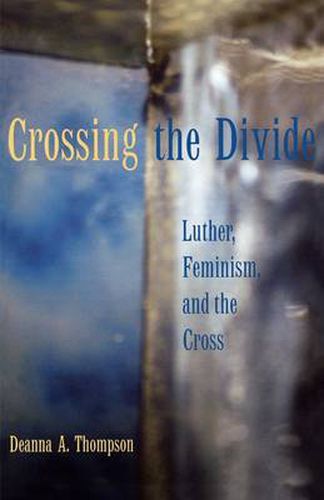Readings Newsletter
Become a Readings Member to make your shopping experience even easier.
Sign in or sign up for free!
You’re not far away from qualifying for FREE standard shipping within Australia
You’ve qualified for FREE standard shipping within Australia
The cart is loading…






Over the last two decades, traditional formulations of the idea of atonement have come under heavy attack from feminist theologians and others. They argue that the traditional view valorizes suffering and encourages people to acquiesce in needless self-sacrificing, that it is unseemly to think of God as demanding suffering of his son, and that the theology of the cross needs to be rethought in light of the whole life, ministry, and resurrection of Jesus.
Equally committed to the insights of the theology of the cross and feminist theology, Deanna Thompson takes up these contentious issues here in a creative and nuanced way. Her work emerges from direct engagement with Martin Luther and the Heidelberg Disputation as well as with the architects of reformist feminism. She finds surprising common ground on issues of suffering, abuse, atonement, reform, ethics, and the import of Jesus, and her book culminates in a constructive and promising feminist theology of the cross.
$9.00 standard shipping within Australia
FREE standard shipping within Australia for orders over $100.00
Express & International shipping calculated at checkout
Over the last two decades, traditional formulations of the idea of atonement have come under heavy attack from feminist theologians and others. They argue that the traditional view valorizes suffering and encourages people to acquiesce in needless self-sacrificing, that it is unseemly to think of God as demanding suffering of his son, and that the theology of the cross needs to be rethought in light of the whole life, ministry, and resurrection of Jesus.
Equally committed to the insights of the theology of the cross and feminist theology, Deanna Thompson takes up these contentious issues here in a creative and nuanced way. Her work emerges from direct engagement with Martin Luther and the Heidelberg Disputation as well as with the architects of reformist feminism. She finds surprising common ground on issues of suffering, abuse, atonement, reform, ethics, and the import of Jesus, and her book culminates in a constructive and promising feminist theology of the cross.